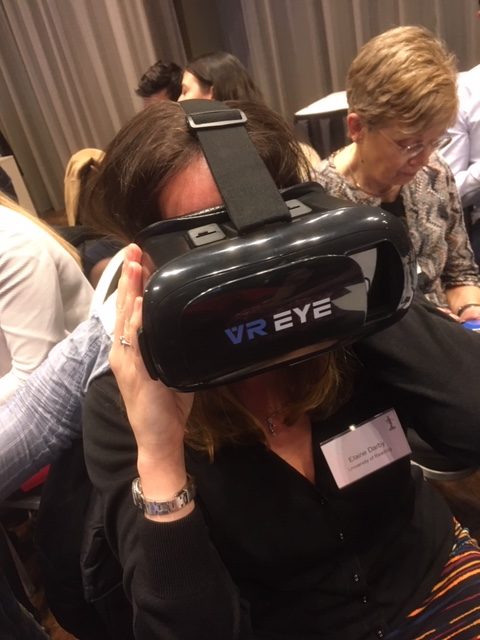Virtual Reality (VR) and Augmented Reality (AR) are forecast to add £62.5bn to the UK economy by 2030, according to a new report from PwC. The majority of this 2.4% boost to GDP will come from AR (£44.4bn), with VR providing £18.1bn to the pile.
Both VR and AR will also have a significant impact on the UK workplace with 1.19% of jobs (400,663 people) utilising the technologies by 2030.
One key area where VR and AR will prosper is in development and training. It will provide a wat=y to train employees where it not always practical, or safe, to do so in the real world. It will save businesses time and money by recreating physical environments and scenarios digitally, which can then be accessed simultaneously anywhere in the world and on different scales.
PwC’s Jeremy Dalton says: “VR and AR are finally coming of age and have the potential to provide a significant boost to the UK economy. They will also improve the way organisations operate, make processes faster and more effective, and create incredible new experiences.”
However, Dalton stressed that the technology needs to full support of key stakeholders in order to fully prosper. He wants to see government assistance through financial incentives and funding for R&D. He believes there is a real advantage in the UK being an early adopter of the technology.
Some other benefits:
*VR is already being used to give medical students greater access to operating theatres. The technology is also being used to enable consultants based in different locations to collaborate remotely.
*Engineers and technicians can be fed information such as repaid diagrams in real-time using an AR interface.
*In the logistics sector smart glasses can display picking information for the worker, highlighting location and displaying product details and packing instructions.
*Retailers will be able to create new customer experiences, from virtual fitting rooms for fashion stores to AR applications that let people test how furniture would look in their home before they buy.
*It will allow organisations to collaborate and work together in virtual environments, saving time and money.
For more on this check out www.pwc.com/seeingisbelieving




